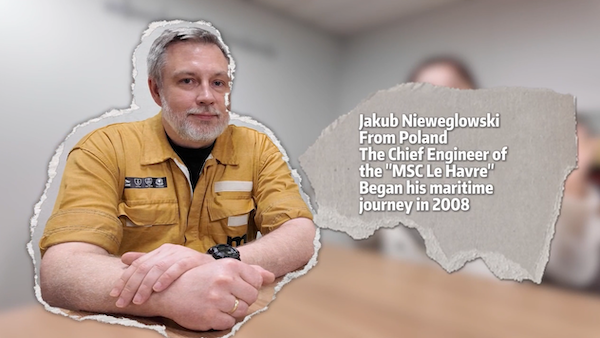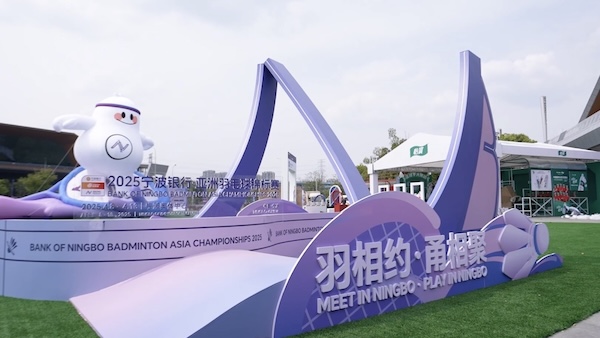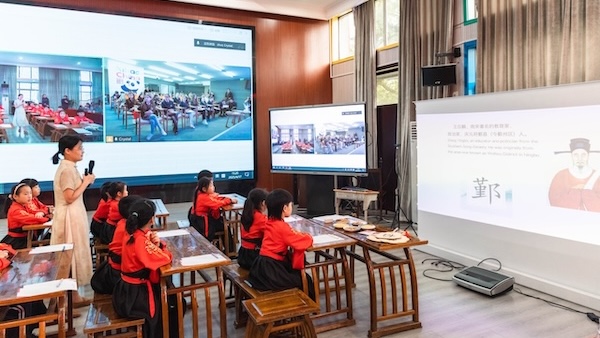Living Heritage: Acupuncture
Precise to the point to restore the power to heal.
Acupuncture, an ancient Chinese medical practice, has been the remedy for countless patients for thousands of years. Before modern medicine came to life, ancient Chinese used stone tools to relieve pain. Over time, this instinctual practice evolved into a comprehensive and profound medical system and shaped the root of acupuncture.
Acupuncture is a treatment that aims to promote the body's self-regulating functions. Its therapeutic principles are in line with the philosophical concepts of traditional Chinese medicine, which emphasizes holistic treatment, meridian adjustment, balance of bodily functions and overall physiological well-being.
Practices can vary in forms, including needle insertion, cupping and scraping. Needle insertion, the most common method, is carried out by inserting hair-thin needles into meridians, or specific points on the body that channel vital energy (the qi). Practitioners lift, twirl and rotate needles to unblock the flow of energy; restore yin and yang balance; and stimulate the body's innate potential to heal itself.
Looking beyond China, acupuncture has become a global therapy. Over the years, acupuncture has seen many advancements in scientific research and modern medicine. It is now a mainstream alternative and complementary treatment for a variety of ailments. According to a 2019 WHO report, acupuncture is used in 113 of its 120 member countries, illustrating its widespread recognition and application.
As an ancient Chinese medical practice with a rich history and deep cultural significance, acupuncture is an embodiment of profound cultural heritage and a holistic path to healing.

 Ningbo seabird project seeks international volunteers
Ningbo seabird project seeks international volunteers  Jakub's journey: From shipyard to sea
Jakub's journey: From shipyard to sea  Badminton Asia COO applauds Ningbo
Badminton Asia COO applauds Ningbo 


